Blog Author: Archita Khaire
Common symptoms of Alzheimer's include:
AD Identification: Early identification of patients who have Alzheimer's is the biggest challenge, as it is often confused with Dementia. While some forms of Dementia could be reversed, Alzheimer's is irreversible. Emerging blood-based biomarkers offer opportunities for screening patients before performing lumbar puncture tests to check for amyloid proteins in cerebrospinal fluid. Image Credit: DOI: 10.7717/peerj.6543/fig- Machine learning models such as SVM and SHMR (Sparse High-order Interaction Model with Rejection option) could be used to detect AD patients using inexpensive and easily accessible biomarkers (e.g., Plasma). Only those patients who are difficult to diagnose are recommended for invasive and/or more expensive screening (e.g., CSF). There are image-based deep learning algorithms that can detect the progression of Alzheimer's disease based on a patient's MRI or positron emission tomography (PET) images. Image Credit: https://doi.org/10.3389/fninf.2018.00035 In the early stages of Alzheimer's disease, an MRI scan of the brain may be normal. In later stages, MRI may show a decrease in the size of different areas of the brain (mainly affecting the temporal and parietal lobes) Image Credit: Journal of Nanobiotechnology volume 19, Article number: 72 (2021) Researchers are now working on ultrasensitive, non-invasive micro-biomarkers, which, combined with deep learning algorithms, could be used to detect Alzheimer's disease. AD Treatment: Scientists are using artificial intelligence to screen 80 FDA-approved drugs and reveal which could be used as Alzheimer's treatments. Image Credit: Nature Communications volume 12, Article number: 1033 (2021) Image Credit: https://ec.europa.eu/programmes/horizon2020/en/news/neurotwin-proposes-novel-therapy-alzheimer%E2%80%99s-disease
Researchers are building a computational framework to represent the mechanisms of interaction of electric fields with personalized brain networks and assimilate neuroimaging data to design personalized optimization strategies to treat Alzheimer's disease. Using neuroimaging data from Alzheimer's disease, scientists will build a model that recapitulates the networks and the dynamic landscape of the individual brain. The objective is to employ this model to design and test personalized neuromodulation protocols capable of restoring healthy dynamics. References:
Comments are closed.
|
Page HitsAuthorArchita Archives
January 2023
Categories |
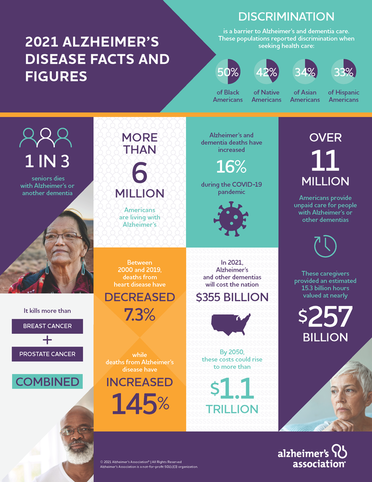
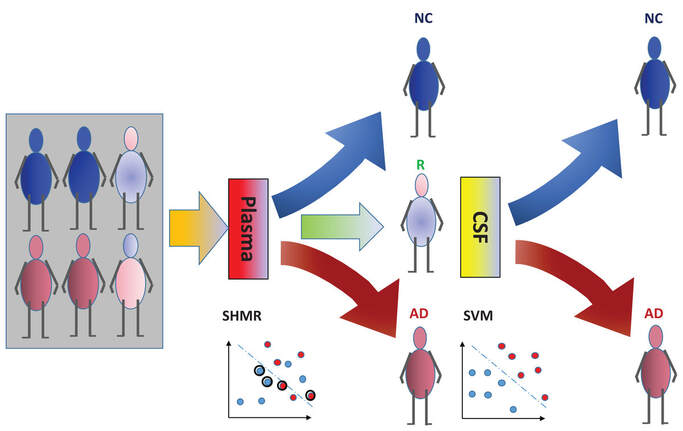
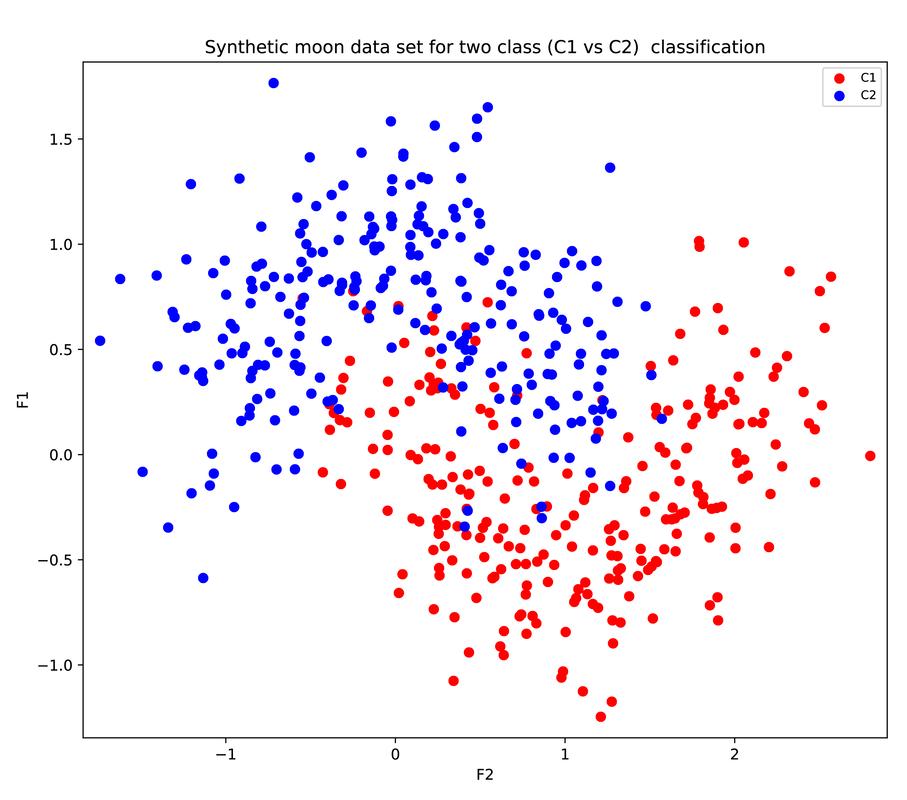

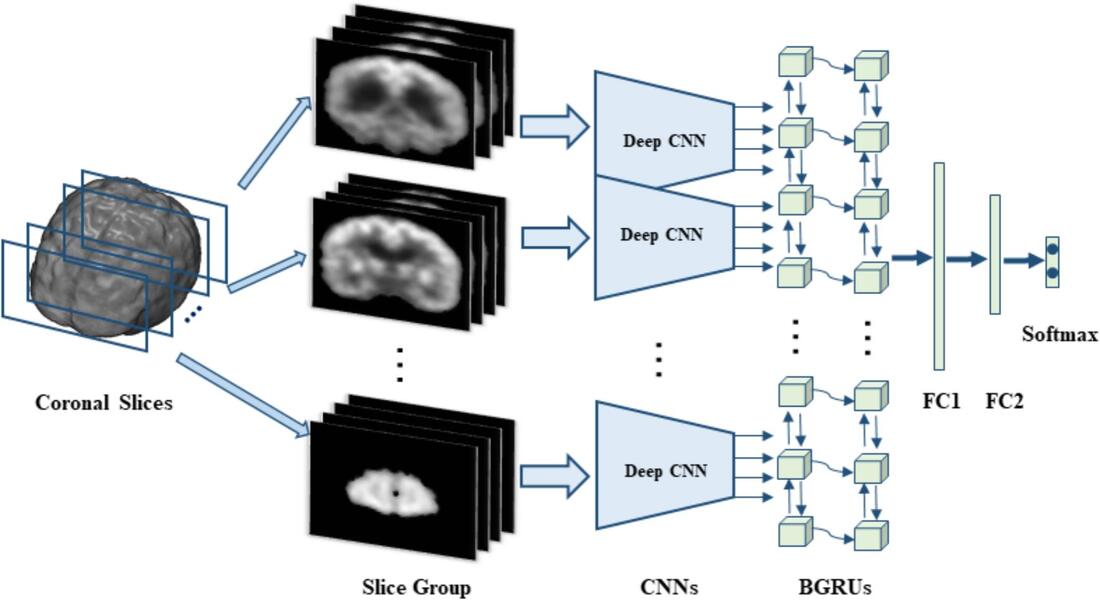
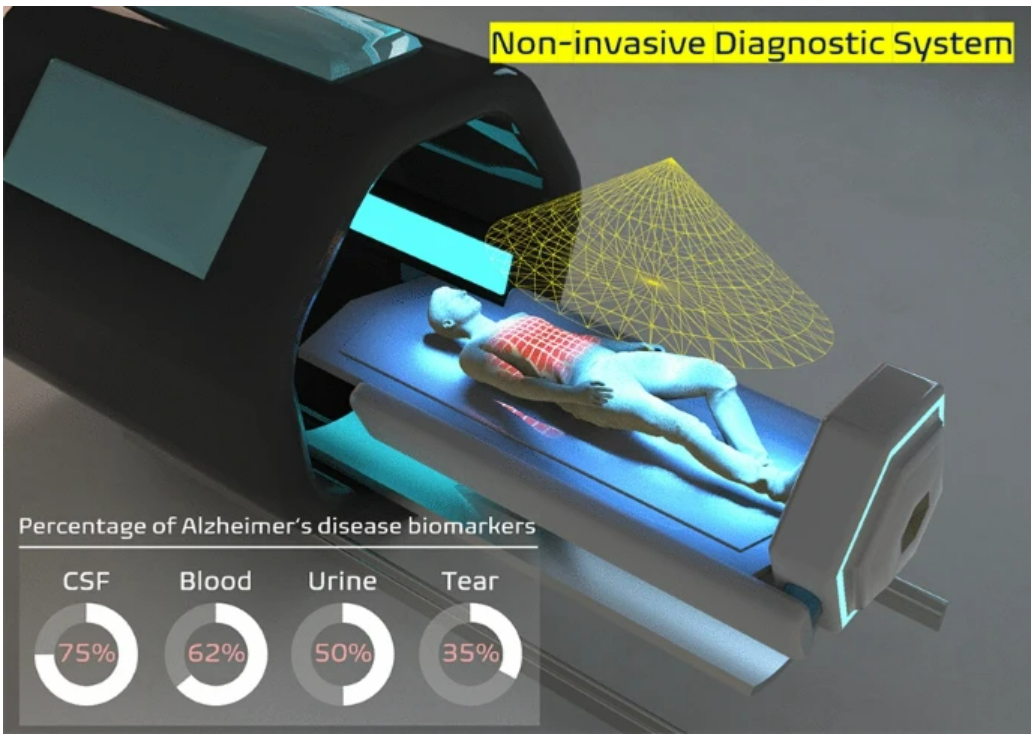
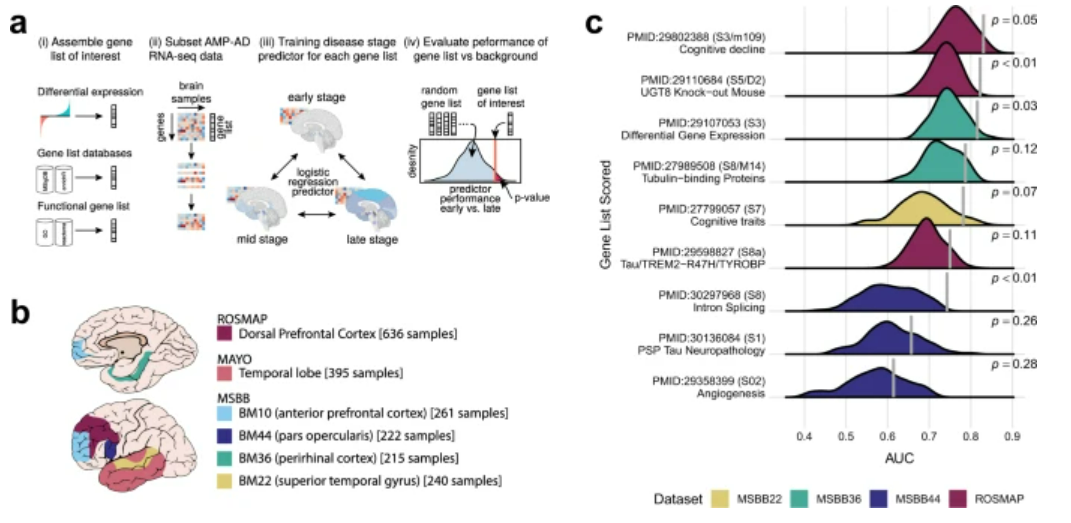
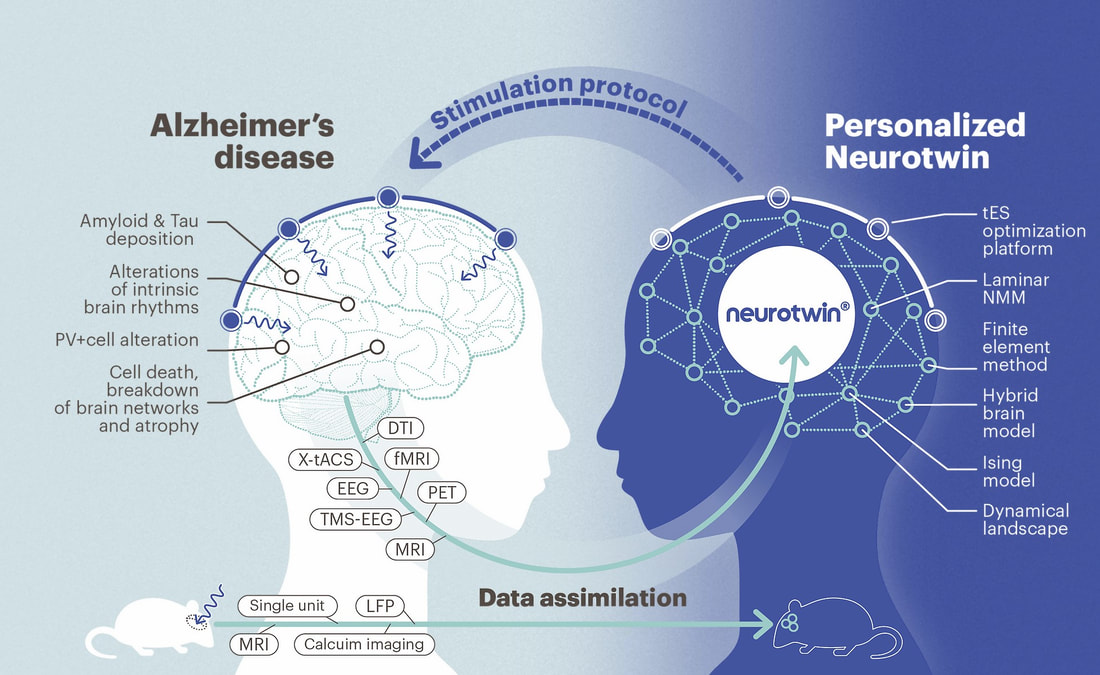

 RSS Feed
RSS Feed